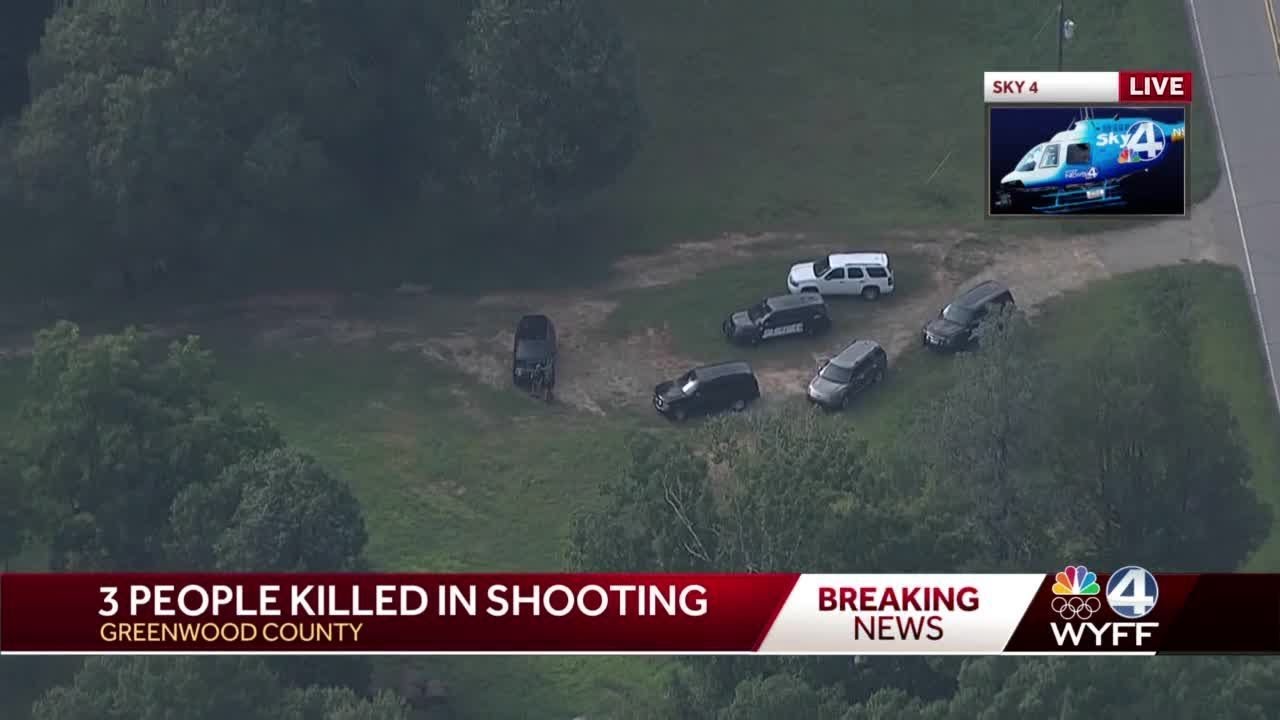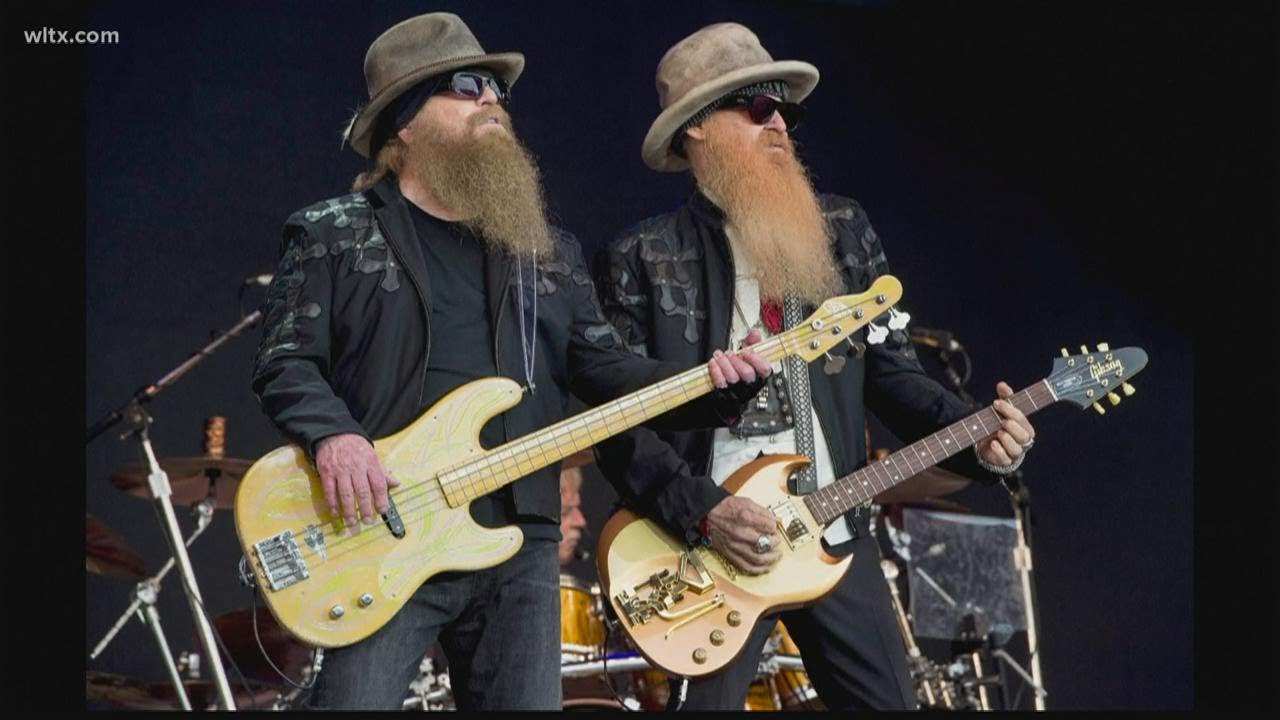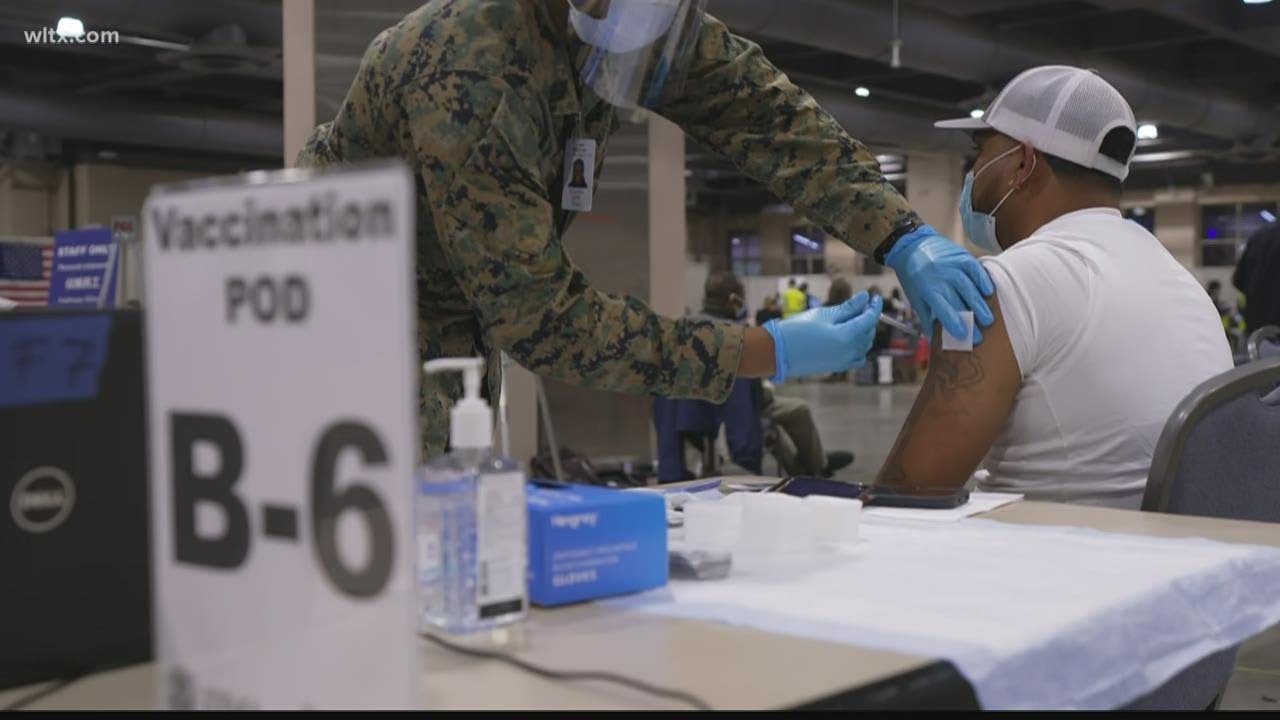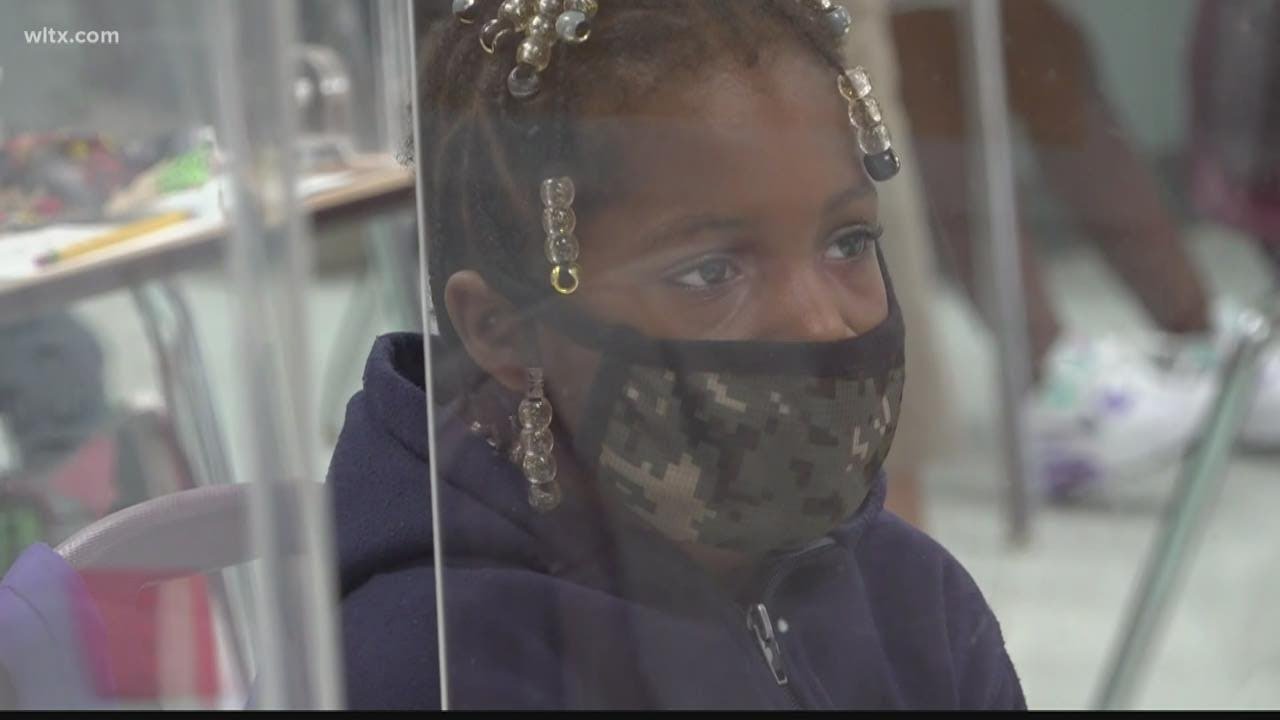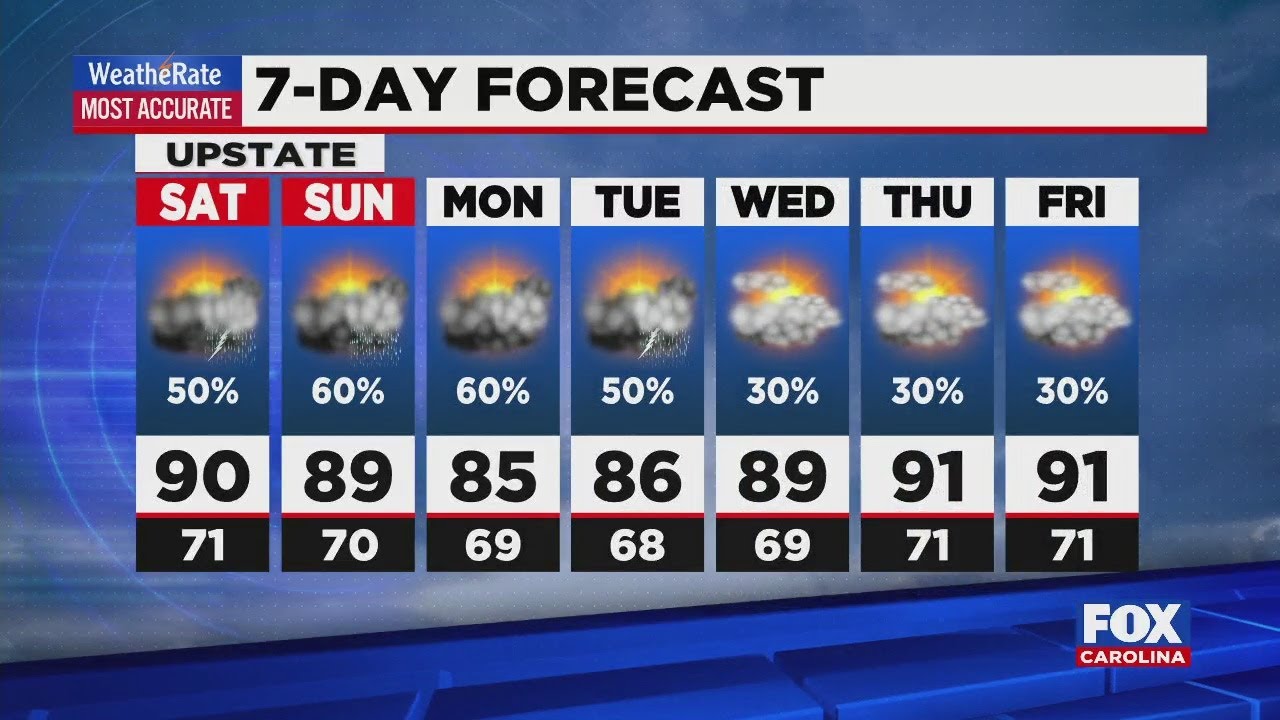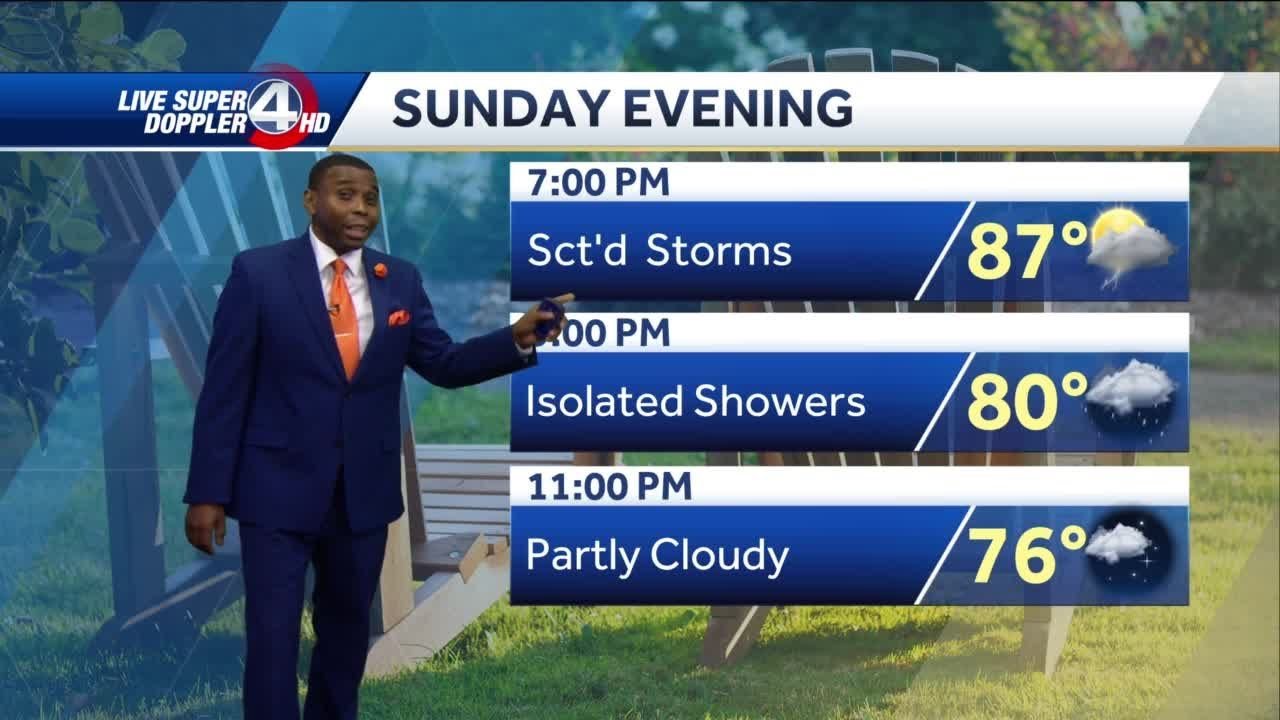COLUMBIA, S.C. (AP) — South Carolina can both honor nine Black worshippers killed five years ago in a racist attack and send a message that it loves and protects all its neighbors by becoming the 48th state to pass a law with more severe penalties for hate crimes, supporters said Wednesday.
A small group of House members heard about a dozen people speak in favor of having a hate crimes law, including the pastor of Emanuel AME Church in Charleston where <a href=”https://apnews.com/ba912545b5dc40729c80328d598ac550/Dylann-Roof-sentenced-to-death-for-killing-9-church-members” target=”—blank”>a white man</a> targeted a Bible study at the 200-year-old African-American church.
Blondelle Gadsen’s sister, Myra Thompson, was one of those killed that night in 2015. Gadsen said South Carolina passing a hate crime law isn’t just for evil attacks like the church shooting, but to ensure a better future for everyone by protecting anyone attacked out of hate.
She then read off the nine names of the victims while wearing a button with their photos above her heart.
“These people will never be forgotten as long as family members live. But my hope is this bill will give them renewed life, so heinous crimes don’t go unpunished,” Gadsen said.
South Carolina, Arkansas and Wyoming are the only three states that don’t have hate crimes laws, which allow for greater punishments when prosecutors can prove a crime was motivated because of race, sexual orientation, religious beliefs, or disability.
Georgia <a href=”https://apnews.com/5fd5d599dfd0e5f1ebebbd2d5351de12″ target=”—blank”>passed a hate crimes bill</a> in June after the death of Ahmaud Arbery, a 25-year-old Black man pursued and fatally shot while running near Brunswick, Georgia. Three white men, including a father and son, were charged with murder — but not until video of the killing was made public more than two months later. The men are awaiting trial.
Wednesday’s hearing was part of a greater effort by South Carolina House Speaker Jay Lucas, who created several subcommittees to review all facets of criminal justice, from how police operate to sentencing laws to prison reform.
The Republican from Hartsville ordered the review after protests and outrage over the May killing of George Floyd by a police officer in Minnesota who pressed his knee into Floyd’s neck for several minutes as Floyd pleaded for air.
Lucas wants the subcommittees to hold hearings and prepare bills that can be filed when the new Legislative session begins next year.
Most of the hate crimes hearing on Wednesday focused on the details of how to ensure the law would be constitutional and how prosecutors at trial might go about proving the kind of bias that rises to a hate crime. Prosecutors largely support the measure as long as the legal details are carefully crafted, said Duffie Stone, a solicitor based in Beaufort County.
“When it comes to sentencing, what’s in their heart is always relevant,” Stone said.
But there were emotional moments. Several members of the public said the lack of a hate crimes law in South Carolina when so many other states have one makes them feel like lesser Americans.
Rep. Weston Newton, who led the subcommittee, said he thinks Wednesday’s hearing shows South Carolina’s conservative House is ready to act.
“It’s long past due. We intend to do everything we can,” the Republican from Bluffton said.
In the past, more conservative lawmakers have argued that a crime is a crime, no matter if the motivation was greed, jealousy or hate, and that there is no need for greater penalties.
Emanuel AME Pastor Eric Manning testified remotely, asking the lawmakers to follow the example of the families of the church members killed in 2015 who <a href=”https://apnews.com/e81e9e845b4d4f7ba72a7ca1b7b55b76″ target=”—blank”>gave forgiveness</a> to the killer by showing that hate for what people are at their cores is best answered with a mix of responsibility for the actions and love for everyone.
“You would follow the examples the families set and show that love is stronger than hate,” Manning said. “Loving your neighbor not only in words, but in actions.”
———
Follow Jeffrey Collins on Twitter at <a href=”Follow%20Jeffrey%20Collins%20on%20Twitter%20at%20https:/twitter.com/JSCollinsAP” target=”—blank”>https://twitter.com/JSCollinsAP</a>.


